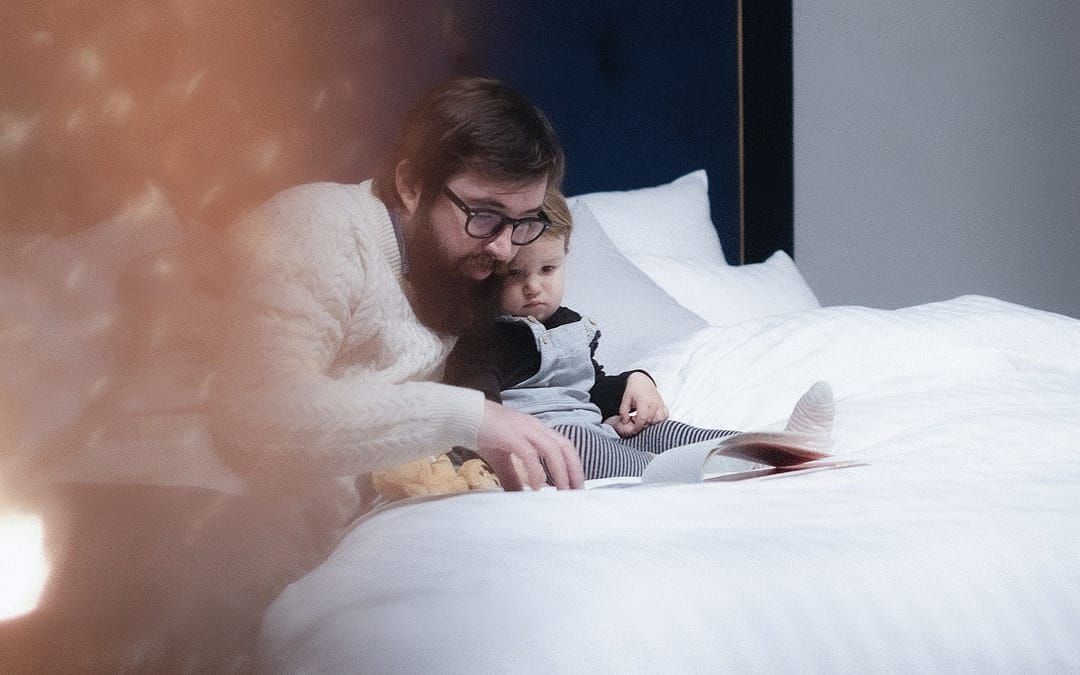Written by

Eileen Eby, 1000×5 Victoria Co-Ordinator
Frequently, I speak to groups about all the books that 1000X5 distributes into homes. When I mention that we are always in short supply but heavy demand for books for babies, I often receive the response of “isn’t that too early to read? They can’t even talk.”
True – but their love of language and learning has already begun. There are so many benefits in reading to the newest member of the family.
- Just cuddling with Mom, Dad, Grandpa or Grandma and a book builds intimacy – so important in the first stages. Reading is an important part of the early bonding experiences.
- The rhythm of a reading voice is different than speaking – very soothing and comforting. The baby hears the rhythm and inflections and anticipates that pleasure.
- Books introduce so many language and mathematical concepts that are not always present in every day speech.
- From three months on, a baby will start to focus on the pictures, beginning to recognize a wide variety of images.
Babies see that you love reading and thus they do as well. They see reading as fun – a valuable attitude to take forward into more formal instruction in school.
- Reading can calm everyone down when crying and other upsets occur. Just beginning the familiar and enjoyable routine of reading will assist in establishing a more peaceful atmosphere.
- You may think your little one is not “paying attention”. A baby is always learning and soaking up the stimulation that is in the environment. Books written for babies are well designed to introduce both highly interesting pictures and repetitive rhythmic language. They are always absorbing!
- Reading at “usual” times can assist with establishing smooth routines. Reading to a baby before bedtime prepares them for sleep – both by reducing the stimulation and by setting up the familiar pattern of “first a book and then bed”.
- Your family does not need to spend greatly to provide reading materials. A baby loves repetition and will happily listen to the same story many many times. Repeated readings help consolidate language and new concepts.
- Increasingly, the baby will take charge of the reading experience – reaching for the book, touching pictures, flipping pages. Wonderful – reading habits are beginning. Following that lead, talking about pictures and pages show the baby that he or she can “read”.
Reading to the baby of the family is one of the most important things that a parent can do. Yes, books get chewed, spit up on, and torn. But having them readily available and often read is so important for a baby’s development. The benefits will last a lifetime.

 Babies see that you love reading and thus they do as well. They see reading as fun – a valuable attitude to take forward into more formal instruction in school.
Babies see that you love reading and thus they do as well. They see reading as fun – a valuable attitude to take forward into more formal instruction in school.